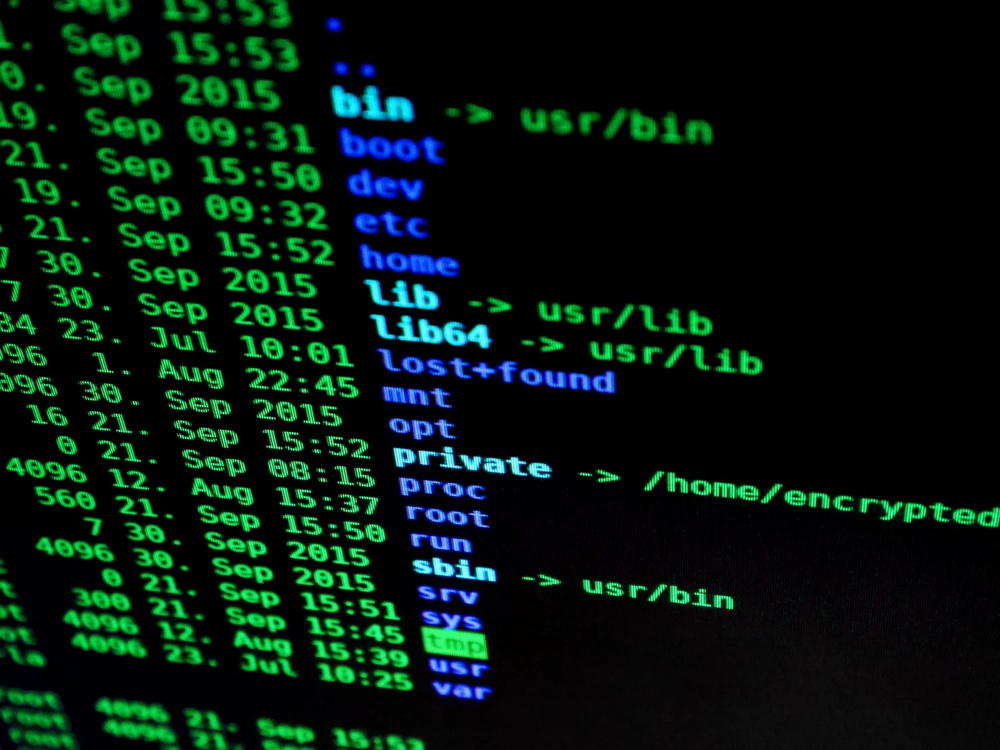

Image credit: Pexels
The Kenyan government has been forced to promise visas on arrival to travellers after its online electronic visa service was disabled by hackers.
A pro-Russian hacking group calling itself Anonymous Sudan claimed credit for the massive distributed denial-of-service (DDoS) attacks on Kenya’s infrastructure, which have affected government and online payment services, amongst others.
The hacking group previously carried out a number of DDoS attacks on Western organisations earlier this year, including one on Microsoft in early June that affected Azure, Outlook, OneDrive and other services.
The Kenyan attacks began a week ago after a video of a Sudanese general taunting Kenyan president William Ruto went viral online, as did a video response by a member of parliament belonging to Ruto’s party.
“Kenya has been attempting to meddle in Sudanese affairs and released statements doubting the sovereignty of our government,” Anonymous Sudan wrote on Telegram on Sunday, 24 July.
The group says it has no connection to the well-known hacktivist collective Anonymous.
The attacks initially focused on Kenyan media, hospitals, universities and businesses, including Safaricom, the country’s largest telecommunications firm, and Kenya Commercial Bank, the second-largest bank by assets.
The hacking group also intermittently disabled the eCitizen portal, which offers digital access to more than 5,000 government services, including passport applications, e-visas for foreigners entering the country, along with issuing driving licences, identification cards and national health records.
Kenyan users also reported disruption to train booking systems, electricity payments and the popular mobile payments system M-Pesa.
Mobile payments are used by 76 percent of Kenyans while 67 percent use mobile internet services.
Information, Communication and Digital Economy minister Eliud Owalo confirmed the attack but emphasised no data had been lost.
“They tried jamming the system by making more than ordinary requests into the system. It started by slowing down the system,” Owalo said.
He said the government was “enhancing our level of capacity” to deal with such cyberattacks.
Last month the Sudanese government rejected Ruto’s appointment as leader of a mediation group after accusing him of lacking neutrality.
Apple fined 150m euros over App Tracking Transparency feature that it says abuses Apple's market…
OpenAI to release customisable open-weight model in coming months as it faces pressure from open-source…
Samsung's Bespoke AI-powered fridge monitors food to create shopping lists, displays TikTok videos, locates misplaced…
Huawei sees 38 percent jump in consumer revenues as its smartphone comeback continues to gather…
In world-first, China approves commercial flights for EHang autonomous passenger drone, paving way for imminent…
Microsoft closes down IoT and AI lab it operated in Shanghai tech district in latest…